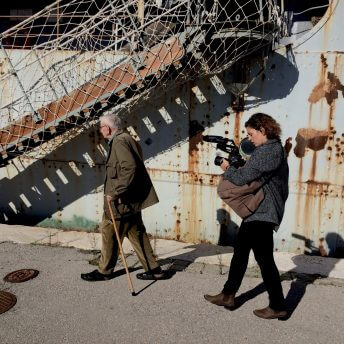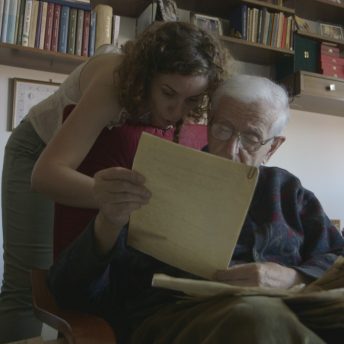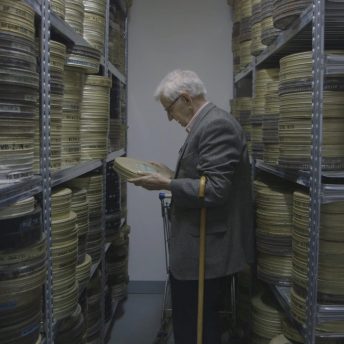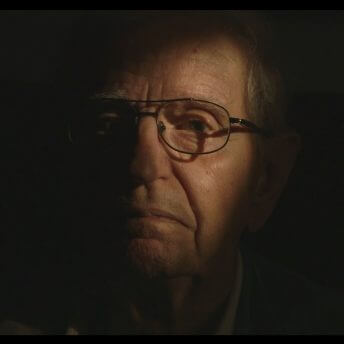Film phase:Completed
SYNOPSIS
In an unexplored vault in Belgrade, the capital of the former Yugoslavia, lies a collection of films known as “the Labudović Reels”. On them are images of African and Asian liberation movements and revolutionary leaders that defined the era of the 1960s. How is it that the archive of these revolutions lies on another continent, forgotten in a film archive? The answer to this question takes us into the story behind the images, on an intimate voyage with the man who filmed them. As the cameraman of Yugoslav president Tito, Stevan Labudović captured an era of politics, personality, and promise, filming the birth of the Non-Aligned Movement. Sent on missions by the President to film liberation wars, he would play a key role in the information battles that defined the era of decolonization. This film diptych examines the legacy of these extraordinary archives, seeking to project their political vision forward.
Non-Aligned & Ciné-Guerrillas: Scenes From the Labudović Reels was supported through Mila Turajlić’s 2020 Chicken & Egg Award.
ABOUT THE DIRECTOR
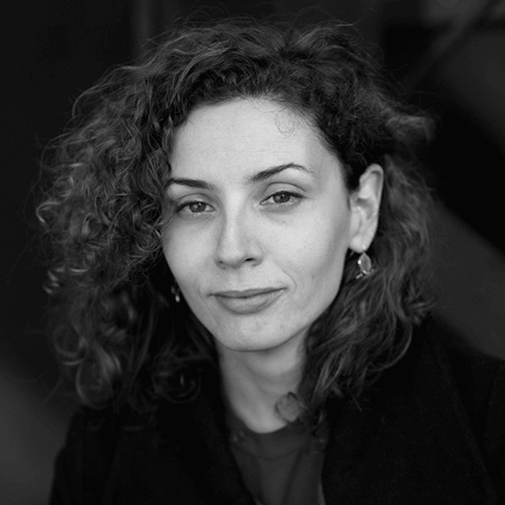
Mila Turajlic (she/her) is a documentary filmmaker and archive scholar born in Belgrade, Yugoslavia. Her films have been screened at various film festivals including Toronto and Tribeca, and have been released theatrically in France, Germany, the UK, the US, Uruguay, and across the former Yugoslavia.
Her film The Other Side of Everything (2017) was HBO Europe’s first co-production with Serbia. It won 32 awards including the IDFA Award for Best Feature-Length Documentary and the Rendez-vous de l’histoire Grand Prix for Best Historical Documentary, and was nominated for the European Parliament LUX Prize. Mila’s debut feature documentary Cinema Komunisto (2011) played at over 100 festivals and won 16 awards including the Gold Hugo for Best Documentary and the FOCAL Award for Creative Use of Archival Footage.
In her work with archives, Mila researches the intersection of personal and national memories, always seeking to reactivate forgotten histories, through forms ranging from lecture performances and video art to analytical essays. In 2018, she was commissioned by MoMA to create a series of archive-based video installations for their landmark exhibition on Yugoslav modernist architecture. A graduate of the London School of Economics, Mila teaches documentary and archive use at SciencesPo and INASup in Paris. She is one of the founders of DokSerbia and was a producer of the Magnificent 7 Festival since its creation in 2005.
ABOUT THE PRODUCER
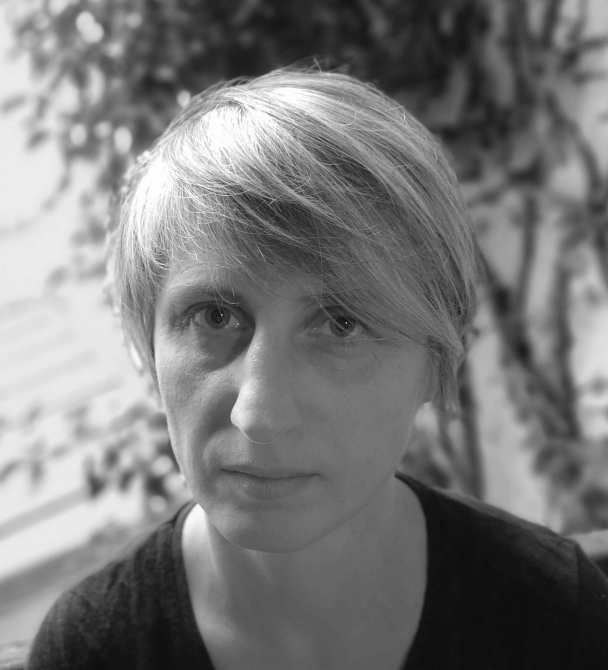
Carine Chichkowsky (she/her) holds a double Master’s Degree in Business and Administration from Laval University in Quebec and from the Grenoble Business School, and a Master’s Degree in Documentary Cinema from Paris 7 University. After a career in sales and marketing in Canada, she decided to follow her passion and work with cinema and documentary films. She was a production manager for several companies producing short movies and documentaries for ten years. In 2010, she founded Survivance along with Guillaume Morel, an independent production and distribution company. With a dozen produced films which premiered at the Berlinale, Locarno Film Festival, Rotterdam, and key documentary festivals (Nyon, FID, Festival du Reel, CPH Dox, etc.), Survivance was also the recipient of funding from CNC, EURIMAGES, Doha Film Institute, and the Hubert Bals Fund.

